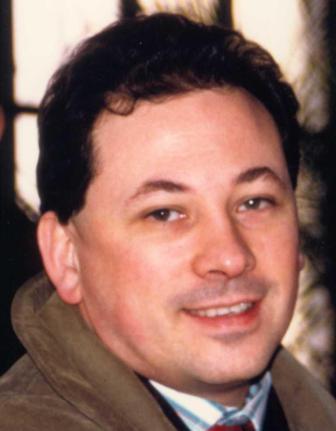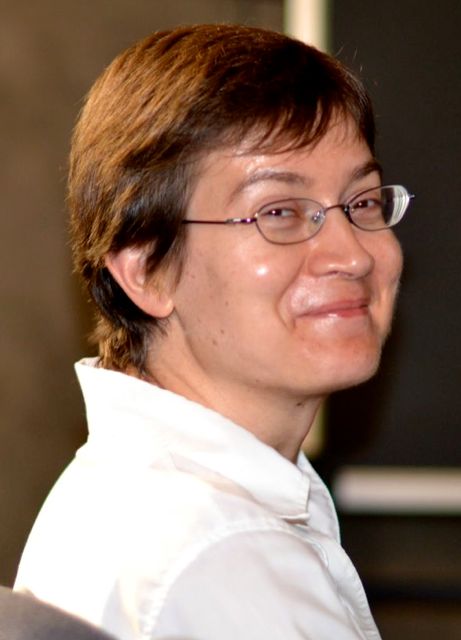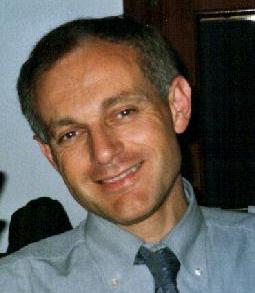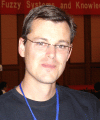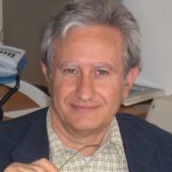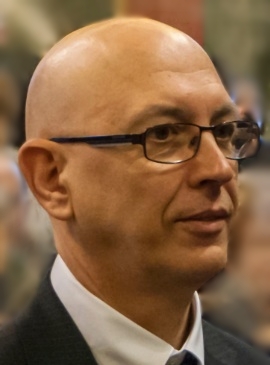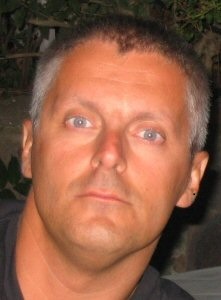Studying at the University of Verona
Here you can find information on the organisational aspects of the Programme, lecture timetables, learning activities and useful contact details for your time at the University, from enrolment to graduation.
Academic calendar
The academic calendar shows the deadlines and scheduled events that are relevant to students, teaching and technical-administrative staff of the University. Public holidays and University closures are also indicated. The academic year normally begins on 1 October each year and ends on 30 September of the following year.
Course calendar
The Academic Calendar sets out the degree programme lecture and exam timetables, as well as the relevant university closure dates..
| Period | From | To |
|---|---|---|
| 1° | Sep 30, 2002 | Nov 29, 2002 |
| 2° | Jan 13, 2003 | Mar 14, 2003 |
| 3° | Apr 7, 2003 | Jun 13, 2003 |
| Session | From | To |
|---|---|---|
| First term | Dec 9, 2002 | Dec 20, 2002 |
| Second term | Mar 24, 2003 | Apr 4, 2003 |
| Third term | Jun 23, 2003 | Jul 4, 2003 |
| First extra term | Jul 7, 2003 | Jul 18, 2003 |
| Second extra term | Sep 1, 2003 | Sep 12, 2003 |
| Third extra term | Sep 15, 2003 | Sep 26, 2003 |
| Period | From | To |
|---|---|---|
| Easter Holidays | Apr 18, 2003 | Apr 27, 2003 |
Exam calendar
Exam dates and rounds are managed by the relevant Science and Engineering Teaching and Student Services Unit.
To view all the exam sessions available, please use the Exam dashboard on ESSE3.
If you forgot your login details or have problems logging in, please contact the relevant IT HelpDesk, or check the login details recovery web page.
Academic staff
Burattini Emilio
 emilio.burattini@univr.it
emilio.burattini@univr.it
 angelo.pica@univr.it
angelo.pica@univr.it
Piccinini Nicola
 piccinini@sci.univr.it
piccinini@sci.univr.it
 +39 349 7461319
+39 349 7461319
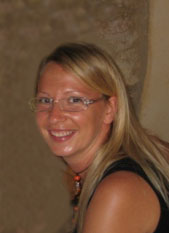
Rossato Rosalba
 rossato@sci.univr.it
rossato@sci.univr.it
 +39 045 802 7077
+39 045 802 7077

Scollo Giuseppe
 giuseppe . scollo at univr . it
giuseppe . scollo at univr . it
 045 802 7940
045 802 7940
Study Plan
The Study Plan includes all modules, teaching and learning activities that each student will need to undertake during their time at the University.
Please select your Study Plan based on your enrollment year.
4° Year activated in the A.Y. 2005/2006
| Modules | Credits | TAF | SSD |
|---|
5° Year activated in the A.Y. 2006/2007
| Modules | Credits | TAF | SSD |
|---|
| Modules | Credits | TAF | SSD |
|---|
| Modules | Credits | TAF | SSD |
|---|
| Modules | Credits | TAF | SSD |
|---|
| Modules | Credits | TAF | SSD |
|---|
Legend | Type of training activity (TTA)
TAF (Type of Educational Activity) All courses and activities are classified into different types of educational activities, indicated by a letter.
Semantics (2005/2006)
Teaching code
4S00065
Teacher
Credits
5
Language
Italian
Scientific Disciplinary Sector (SSD)
INF/01 - INFORMATICS
Period
Not yet assigned
Location
VERONA
Learning outcomes
Scopo del corso è quello di introdurre le principali tecniche matematiche usate nello studio dei linguaggi di programmazione:
* sistemi di tipi
* semantica operazionale
* domini
* semantica denotazionale
Il corso si rivolge a studenti con uno spiccato interesse per l'informatica teorica.
Il corso presuppone le competenze acquisite nei corsi di "Programmazione", "Logica", "Algebra", "Linguaggi di Programmazione" e "Fondamenti dell'informatica" della laurea triennale in informatica.
Program
1 semantica operazionale
1.1 il linguaggio IMP
1.2 regole di valutazione
2 principi di induzione
2.1 induzione matematica, strutturale e ben fondata
2.2 induzione sulle derivazioni
2.3 definizioni per induzione
3 definizioni induttive
3.1 regole e induzione
3.2 regole di prova per la semantica operazionale
3.3 operatori e punti fissi
4 semantica denotazionale di IMP
4.1 semantica denotazionale
4.2 confronto con la semantica operazionale
4.3 ordini parziali completi (cpo)
4.4 teorema di Knaster-Tarski di punto fisso
5 introduzione alla teoria dei domini
5.1 costruzione di cpo
5.2 un metalinguaggio per la teoria dei domini
6 la ricorsione
6.1 il linguaggio REC
6.1 call-by value e call-by-name (semantiche operazionali e denotazionali)
7 linguaggi tipati
7.1 tipi
7.2 un linguaggio call-by-value: semantica operazionale e denotazionale
7.3 un linguaggio call-by-name: semantica operazionale e denotazionale
7.5 confronto delle semantiche operazionali e denotazionali
| Author | Title | Publishing house | Year | ISBN | Notes |
|---|---|---|---|---|---|
| G. Winskel | The formal Semantics of Programming Languages | MIT Press | 1993 |
Examination Methods
L'esame consiste in una prova orale
Type D and Type F activities
Modules not yet included
Career prospects
Module/Programme news
News for students
There you will find information, resources and services useful during your time at the University (Student’s exam record, your study plan on ESSE3, Distance Learning courses, university email account, office forms, administrative procedures, etc.). You can log into MyUnivr with your GIA login details: only in this way will you be able to receive notification of all the notices from your teachers and your secretariat via email and soon also via the Univr app.

